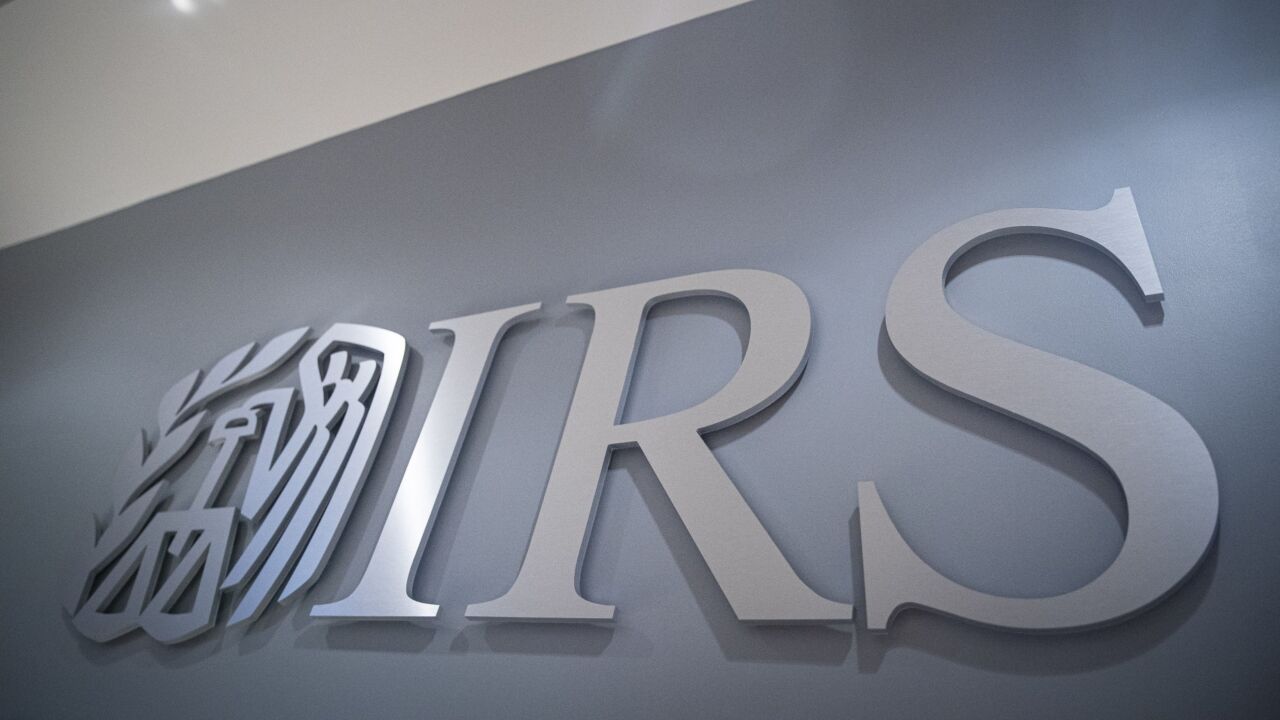AI may be the best option for solving the accounting talent crisis. The accounting field is facing a multiyear, worsening talent shortage, with
AI-driven automation (also known as intelligent automation) provides process automation that can learn from the data it handles to become more efficient over time. As such, it offers overloaded accounting and finance departments a lifeline for more efficient accounting operations, greater accuracy and a better employee experience, among other potential benefits. If there was ever a time for the traditionally cautious accounting industry to adopt leading-edge technology, it's now.
That's because the labor shortage is accelerating, and the average number of open accounting roles has more than doubled since 2024. A
Demographic trends feeding this decline include:
● a
● greater interest in technology careers that offer better pay; and,
● a desire to avoid tax- and reporting-time work-life imbalance.
These are long-term shifts that will be difficult to reverse. But AI automation is available now to help relieve some of the pressure.
Where are accounting leaders using AI and automation?
In 2024, most CFOs indicated they were taking a wait-and-see approach to AI automation in accounting processes. In 2025, a still small but growing number are relieving the workload on their employees with AI-enabled automation for standardized processes. More than a third (38%) reported using some form of automation and AI for "helping teams work more efficiently but not replacing jobs. Twenty-three percent said their company's use of AI and automation was "reducing the need for certain roles." But more than a quarter (26%) said that AI and automation had "no significant impact yet on their operations.
Among the leaders already using these tools, they report seeing the largest impact in:
● accounts receivable (55%);
● accounts payable (54%);
● payroll (32%); and,
● general ledger and financial close (32%).
There's even some process automation happening now for roles that CFOs described as harder to fill, including FP&A (14%) and tax compliance and reporting (13%).
Will AI-powered automation break the accounting talent crisis cycle?
The data above shows progress but also plenty of room for more use of AI-driven automation to handle repetitive accounting tasks. Even if AI automation can't completely make up for open roles, it can reduce the additional work that existing employees are asked to do.
That matters because employees who have to take on more responsibilities because of unfilled roles are more likely to burn out or leave the organization. In accounting, 49% of organizations now require 60 days or more to fill an open position. Multiply that timespan by the average of five open accounting roles and it's clear that many accountants, payroll specialists, auditors and other accounting professionals are doing more than their share and risking burnout to keep their departments running.
Overworked employees are more likely to make errors due to fatigue or distraction. That can expose organizations to liability. For example, 140 public U.S. companies had to
What are the biggest challenges to implementing AI automation?
What will it take for more accounting and finance organizations to adopt these tools? These are the biggest challenges cited by accounting and finance leaders:
Data security and compliance: Any system that handles sensitive data must adhere to best practices for cybersecurity, access controls, and privacy regulations. Working with your IT and compliance teams on an implementation plan can help your organization avoid data exposure and noncompliance.
Some AI automation tools are designed to streamline compliance tasks. As you evaluate potential systems, look for those that offer
● Compliance checks built into process automation workflows;
● Compliance analysis that flags potential issues;
● Automated report generation for compliance requirements; and,
● Machine learning to adapt processes when compliance requirements change.
Implementation costs: Finding room in the budget for a new software solution isn't always easy, but AI-driven process automation has the potential to reduce costs over the long term by
● Saving employee hours on basic AP, AR, payroll and other tasks;
● Reducing data entry errors that can result in report recalls;
● Helping to avoid penalties for noncompliance with data privacy and reporting requirements; and,
● Reducing costly employee turnover by reducing the overall workload.
AI systems management talent: Implementing intelligent automation requires someone to set it up and run it, with a skill set that many accounting and finance groups don't have yet. In the near term, creating a team in house that wants to learn these skills and use them as part of their career development path is an option. So is working with a third party to handle implementation and train your AI team.
Taking the longer view, your organization should develop companywide AI training and policies to establish guardrails and best practices. That's because while
Pulling ahead in the competition for accounting talent
Accounting teams that use intelligent automation strategically to reduce overwork, improve compliance and cultivate AI skills can gain another advantage in the talent shortage. They can become more attractive to the candidates that are on the market, who want to work with new technology and have a decent work-life balance. They can also retain more of their current employees for the same reasons.
So, organizations that are leveraging AI and automation in the accounting and finance space now are building operational efficiencies and recruiting and retention advantages that lagging firms will struggle to match going forward. To avoid getting left behind on talent and technology, accounting leaders need to start exploring how AI automation can help transform their quest for talent and efficiency.





